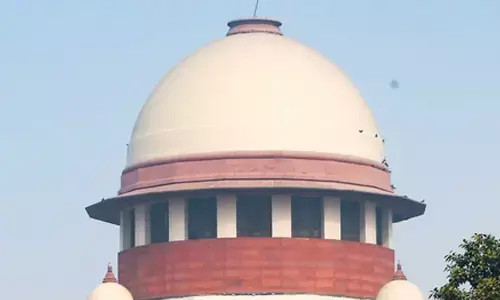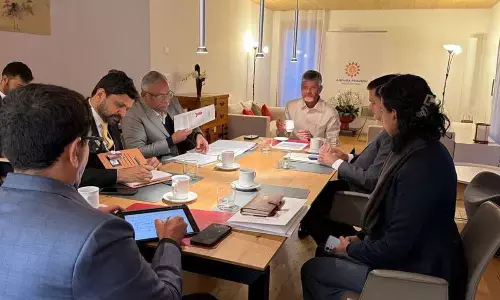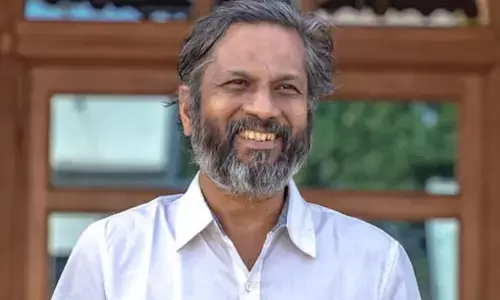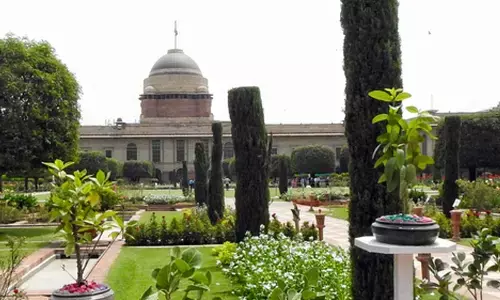Is corporate college fee structure posing a problem for Telangana government?
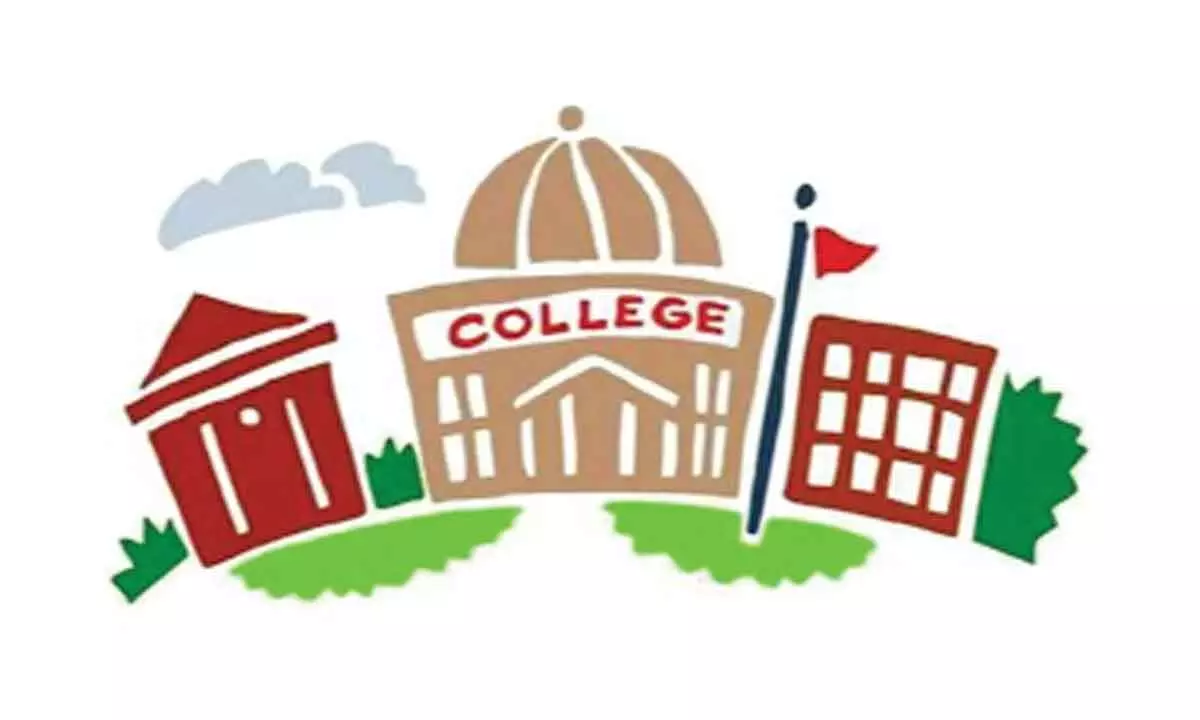
Representational image
Are corporate junior colleges posing a problem creating further complications for the State government and the Education department?
Hyderabad: Are corporate junior colleges posing a problem creating further complications for the State government and the Education department?
Firstly, the current 10+2 system has to be replaced with the 5+3+3+4 school system in the wake of the New Education Policy-2020. Though, the State government openly did not announce implementation of NEP-2020 it has to give effect to the new school structure. Because the NEP-2020 pattern of schooling forms the basis for the admission criteria for the under-graduate courses regulated by the University Grants Commission (UGC). The UGC norms have to be implemented by both public and private universities as it's the UGC which regulates recognition and validation of the offering and award of degrees.
This makes the junior college redundant, replacing the 10+2 with four years of secondary stage, covering from classes 9 to 12, for the students aged between 14 and 18. The junior college is thus replaced with Secondary School Stage (SSS).
Speaking to The Hans India, a source in the Education department said, "the proposal was to merge the Board of Secondary Education and the State Board of Intermediate Education. However, since education is on the State list, the NEP-2020 has left the decision whether to merge the boards or not to the State governments. However, it is just a matter of time that the new pattern has to be given effect," it added.
Against this backdrop, Hyderabad School Parents' Association (HSPA) secretary Venkata Sainath, said the State government had promised before the High Court to implement the fee regulation committee's recommendations ( headed by a former Osmania University vice-chancellor). This is to be done by bringing an enactment. However, it deals with only private unaided schools and does not cover junior colleges. But, with the NEP-2020 introducing the SSS stage, how the State government can leave out classes 11 and 12 is going to be a question.
Further, the Central Board of Secondary Education (CBSE) conducts examinations for classes 10, 11 and 12. Similarly, the Council for the Indian School Certificate Examinations (CISCE) conducts the Indian Certificate of Secondary Education (ICSE) for class X and the Indian School Certificate (ISC) for classes 11 and 12.
Both the Central boards mandate the school affiliated to both the boards to follow the school fee structure decided by the respective State governments, making the school fee structure fixation of schools affiliated to both CBSE and CISCE within the preview of the State government.
As of now the fee structures of the under-graduate, PG and professional courses are more regulated by the State. The proposed fee regulation would cover up to class X, leaving out only classes 11 and 12. Even after they come under the Secondary Schooling the NEP-2020 implementation would pose a problem for the State government. Discriminating only two classes vis-a-vi fee regulations of other classes up to UG and PG level might land in another legal battle, opined an official of the Commissioner of Collegiate Education.









